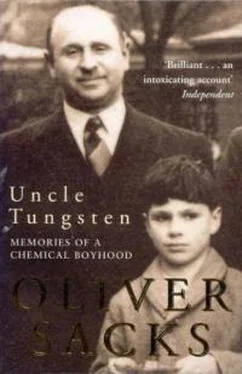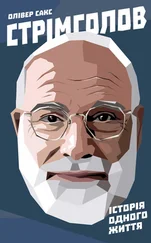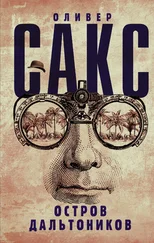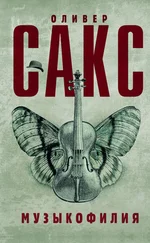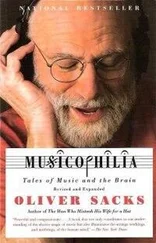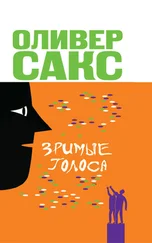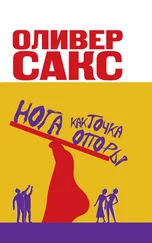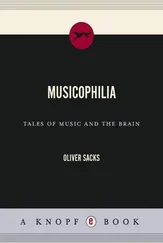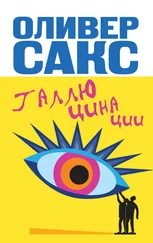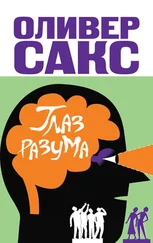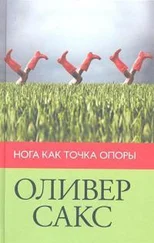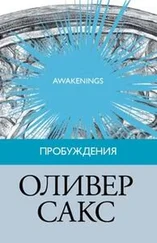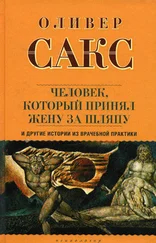I sometimes went along with my father on housecalls on Sunday mornings. He loved doing housecalls more than anything else, for they were social and sociable as well as medical, would allow him to enter a family and home, get to know everybody and their circumstances, see the whole complexion and context of a condition. Medicine, for him, was never just diagnosing a disease, but had to be seen and understood in the context of patients’ lives, the particularities of their personalities, their feelings, their reactions.
He would have a typed list of a dozen patients and their addresses, and I would sit next to him in the front seat of the car while he told me, in very human terms, what each patient had. When he arrived, I would get out with him, allowed, usually, to carry his medical bag. Sometimes I would go into the sickroom with him and sit quietly while he questioned and examined a patient – a questioning and examining which seemed swift and light, and yet one that reached depths and exposed for him the origins of each illness. I loved to see him percuss the chest, tapping it delicately but powerfully with his strong stubby fingers, feeling, sensing, the organs and their state beneath. Later, when I became a medical student myself, I realized what a master of percussion he was, and how he could tell more by palpating and percussing and listening to a chest than most doctors could from an X-ray.
At other times, if the patient was very ill, or contagious, I would sit with the family in their kitchen or dining room. After my father had seen the patient upstairs, he would come down, wash his hands carefully, and make for the kitchen. He loved to eat, and he knew the contents of the refrigerators in all his patients’ houses – and the families seemed to enjoy giving the good doctor food. Seeing patients, meeting families, enjoying himself, eating, were all inseparable in the medicine he practiced.
Driving through the City, deserted on a Sunday, was a sobering experience in 1946, for the devastation wrought by the bombing was still fresh, and there had been little rebuilding as yet. This was even more evident in the East End, where a fifth of the buildings, perhaps, had been leveled. But there was still a strong Jewish community there, and restaurants and delicatessens like no others in the world. My father had qualified at the London Hospital in Whitechapel Road, and as a young man had been the Yiddish-speaking doctor of the Yiddish-speaking community around it for ten years. He looked back on these early days with peculiar affection. We would sometimes visit his old surgery in New Road – it was here that all my brothers had been born, and a physician nephew, Neville, now practiced.
We would walk up and down ‘the Lane’, that section of Petticoat Lane between Middlesex Street and Commercial Street, where all the stallholders hawked their wares. My parents had left the East End in 1930, but my father still knew many of the hawkers by name. Jabbering with them, reverting to the Yiddish of his youth, my old father (what do I mean ‘old’? I am now fifteen years older than the fifty-year-old he was then) became boyish, rejuvenated, showed an earlier, more alive self that I normally did not see.
We would always go to Marks of the Lane, where one could buy a latke for sixpence, and the best smoked salmon and herrings in London, salmon of an unbelievable melting softness which made it one of the few, genuinely paradisiac experiences on this earth.
My father had always had a very robust appetite, and the strudel and herrings at his patients’ houses, and the latkes at Marks, were, in his mind, just preludes to the real meal. There were a dozen superb kosher restaurants within a few blocks, each with its own incomparable specialties. Should it be Bloom’s on Aldgate, or Ostwind’s, where one could enjoy the marvelous smells of the basement bakery wafting upstairs? Or Strong-water’s, where there was a particular sort of kreplach, varenikas , to which my father was dangerously addicted? Usually, however, we would end up at Silberstein’s, where, in addition to the meat restaurant downstairs, there was a dairy restaurant, with wonderful milky soups and fish, upstairs. My father adored carp, in particular, and would suck at the fish heads, noisily, with great gusto.
* * *
Pop was a calm, unflappable driver when he went on his housecalls – he had a sedate, rather slow Wolseley at the time, appropriate to the petrol rationing still in force – but before the war there was a very different side to him. His car then was an American one, a Chrysler, with a raw power and a turn of speed unusual in the 1930 s. He also had a motorcycle, a Scott Flying Squirrel, with a two-stroke, 600 cc, watercooled engine, and a high-pitched exhaust like a scream. It developed nearly thirty horsepower, and was much more akin, he liked to say, to a flying horse. He loved to take off on this if he had a free Sunday morning, eager to shake off the city and give himself to the wind and the road, his practice, his cares forgotten for a while. Sometimes I had dreams in which I was riding or flying the bike myself, and I determined to get one when I was grown up.
When T. E. Lawrence’s The Mint came out in 1955, I read my father a piece, ‘The Road’, Lawrence had written about his motorbike (by this time I had a bike, a Norton, myself):
A skittish motor-bike with a touch of blood in it is better than all the riding animals on earth, because of its logical extension of our faculties, and the hint, the provocation, to excess…
My father smiled and nodded in agreement, as he thought back to his own biking days.
* * *
My father had originally wondered about an academic career in neurology, and had been a houseman, an intern (along with Jonathan Miller’s father), to Sir Henry Head, the famous neurologist, at the London Hospital. At this point, Head himself, still at the height of his powers, had developed Parkinson’s disease, and this, my father said, would sometimes cause him to run involuntarily, or festinate, the length of the old neurology ward, so that he would have to be caught by one of his own patients. When I had difficulty imagining what this was like, my father, an excellent mimic, imitated Head’s festination, careering down Exeter Road at an ever-accelerating pace, and getting me to catch him. Head’s own predicament, my father thought, made him especially sensitive to the predicaments of his patients, and I think my father’s imitations – he could imitate asthma, convulsions, paralyses, anything – springing from his vivid imagination of what it was like for others, served the same purpose.
When it was time for my father to open his own practice, he decided, despite this early training in neurology, that general practice would be more real, more ‘alive.’ Perhaps he got more than he bargained for, for when he opened his practice in the East End in September 1918, the great influenza epidemic was just getting started. He had seen wounded soldiers when he was a houseman at the London, but this was nothing to the horror of seeing people in paroxysms of coughing and gasping, suffocating from the fluid in their lungs, turning blue and dropping dead in the streets. A strong, healthy young man or woman, it was said, could die from the flu within three hours of getting it. In those three desperate months at the end of 1918, the flu killed more people than the Great War itself had, and my father, like every doctor at the time, found himself overwhelmed, sometimes working forty-eight hours at a stretch.
At this point he engaged his sister Alida – a young widow with two children who had returned to London from South Africa three years before – to work as his assistant in the dispensary. Around the same time, he took on another young doctor, Yitzchak Eban, to help him on his rounds. Yitzchak had been born in Joniski, the same little village in Lithuania where the Sacks family lived. Alida and Yitzchak had been playmates as infants, but then in 1895 his family had gone to Scotland, a few years before the Sackses had come to London. Reunited twenty years later, working together in the febrile and intense atmosphere of the epidemic, Alida and Yitzchak fell in love, and married in 1920.
Читать дальше
